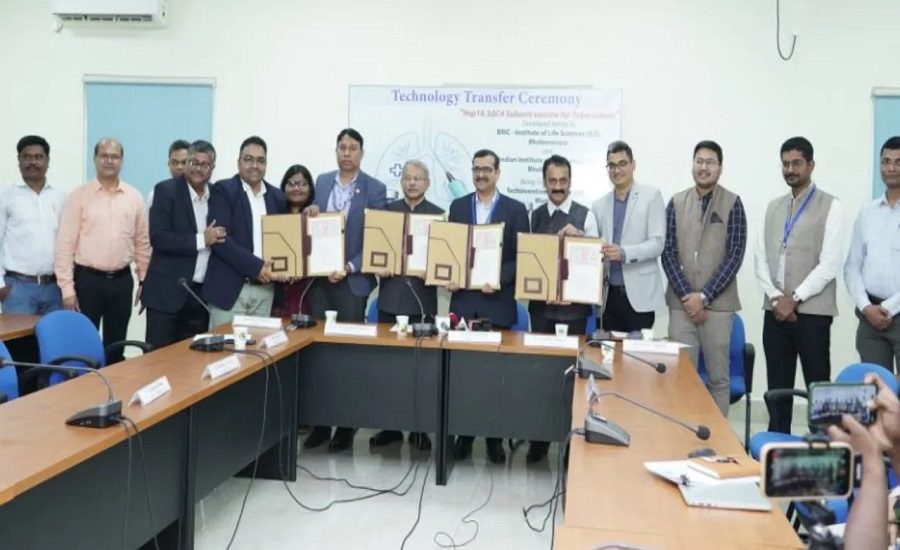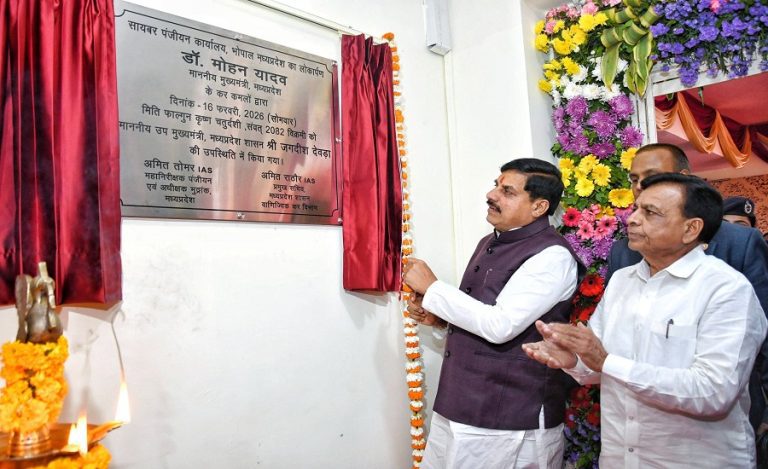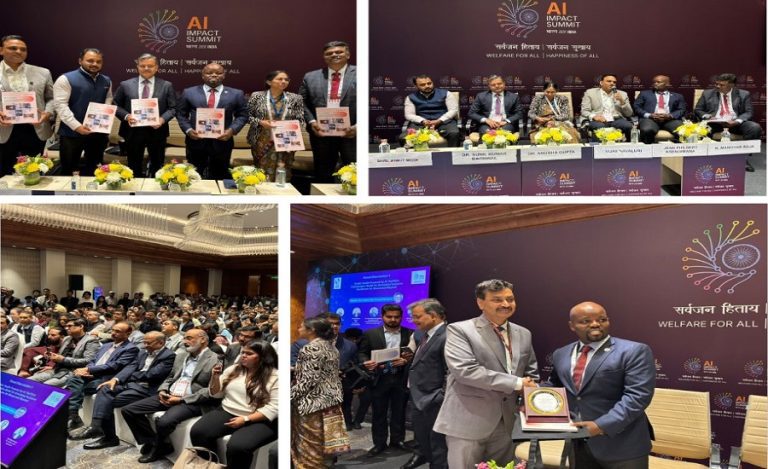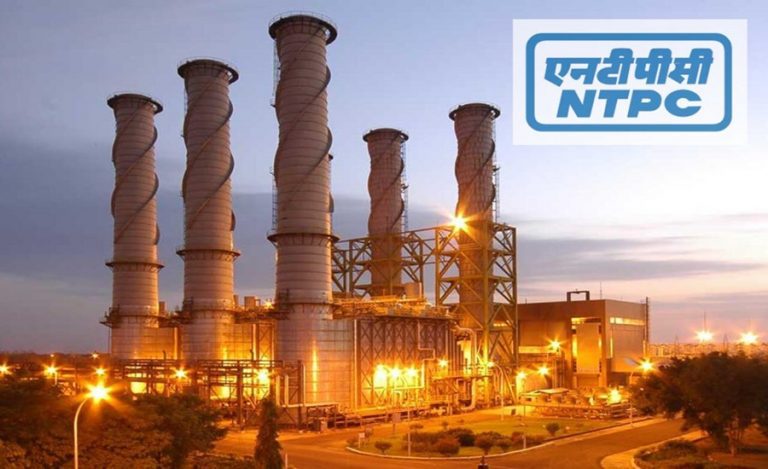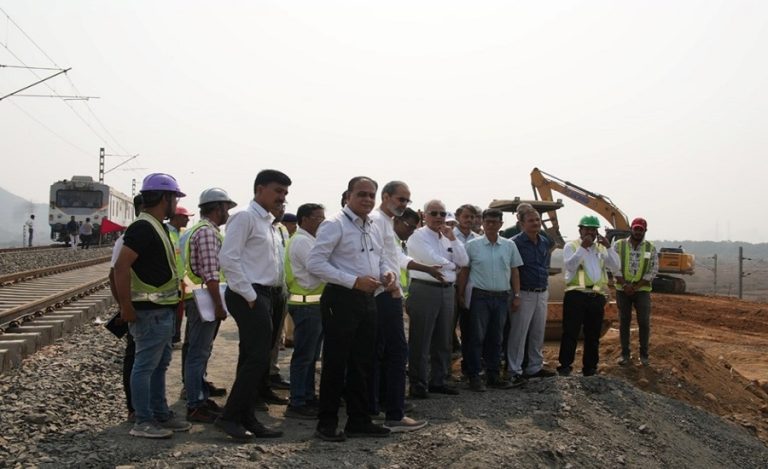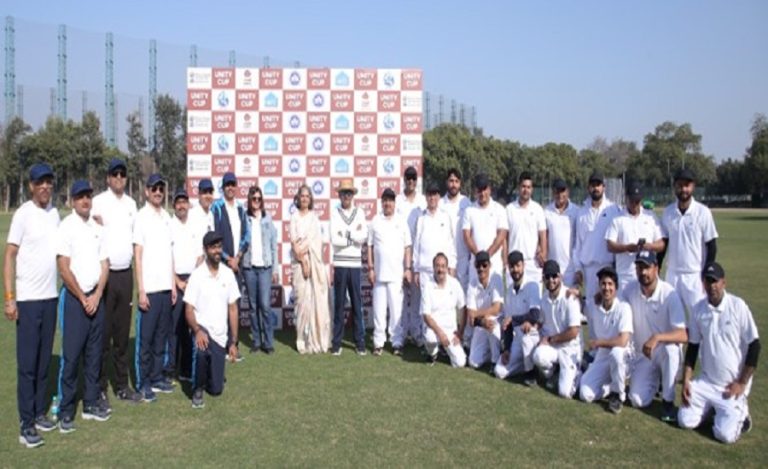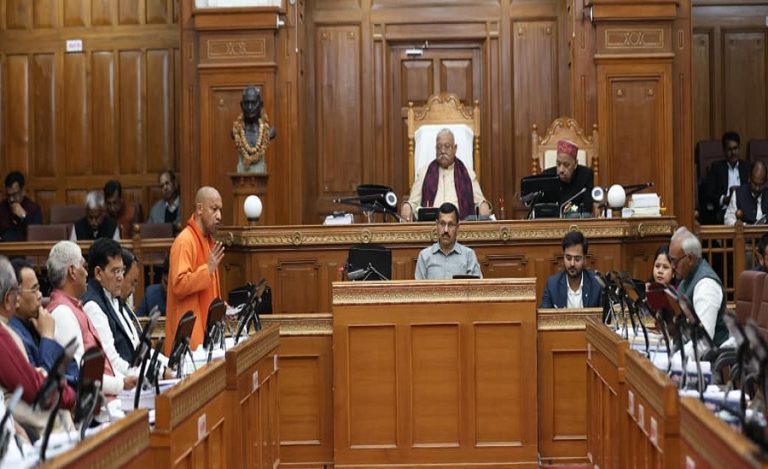New Delhi: In a significant step towards combating tuberculosis (TB) in India, the Indian Institute of Technology (IIT) Bhubaneswar and the Institute of Life Sciences (ILS), Bhubaneswar have transferred a next-generation TB vaccine technology to TechInvention Lifecare Limited. The transfer was executed through a Quadripartite License Agreement (QLA) facilitated by the National Research Development Corporation (NRDC).
The agreement covers the commercialization of the “HSP Subunit Vaccine in Adjuvant (DDA) Against Mycobacterium tuberculosis”, designed to address the limitations of the century-old Bacillus Calmette-Guérin (BCG) vaccine. This vaccine candidate aims to elicit strong humoral and cell-mediated immune responses, particularly improving protection among adolescents and adults, where BCG efficacy is limited.
TB: A Persistent Global Health Challenge
According to the World Health Organization (WHO), tuberculosis claimed 1.23 million lives in 2024, remaining one of the world’s deadliest infectious diseases. The development of the HSP Subunit Vaccine represents a major stride in India’s efforts to advance innovative, indigenous solutions to tackle TB.
Technology Developed by Indian Scientists
The vaccine technology was jointly developed by Prof. Ashis Biswas of IIT Bhubaneswar and Dr. Sunil Kumar Raghav of ILS Bhubaneswar. The transfer ceremony was held at ILS Bhubaneswar and attended by senior officials including:
- Dr. Debasis Dash, Director, ILS
- Prof. Shreepad Karmalkar, Director, IIT Bhubaneswar
- Prof. Dinakar Pasla, Dean (Sponsored Research & Industrial Consultancy), IIT Bhubaneswar
- Dr. B. K. Sahu, Senior Regional Manager, NRDC
- Syed S. Ahmed, Director & CEO, TechInvention Lifecare
- Prof. Biswas and Dr. Raghav
This collaboration exemplifies the strength of India’s research ecosystem and underscores the importance of partnerships between academic institutions and industry in addressing critical public health challenges.
TechInvention Lifecare’s Role
TechInvention Lifecare Limited, the licensed industry partner, will lead the vaccine’s transition from research to product development, validation, and market readiness. With extensive experience in vaccine development, manufacturing, and regulatory processes, the company is expected to ensure that the HSP Subunit Vaccine advances efficiently through the development pipeline, contributing to India’s mission to eliminate tuberculosis.
NRDC: Catalyzing Innovation and Technology Commercialization
The National Research Development Corporation (NRDC) played a pivotal role in this collaboration, identifying and evaluating the vaccine innovation and facilitating the licensing process. NRDC acts as a bridge between scientific research and industry, enabling indigenous innovations to reach commercialization while promoting public-private partnerships. By supporting this technology transfer, NRDC reinforces its mandate to accelerate research-driven solutions for national and global health challenges, exemplifying its commitment to fostering impactful innovation in India.
Read also: NRDC Boosts Commercialization and Validation of Indigenous Diagnostic Technologies in India

